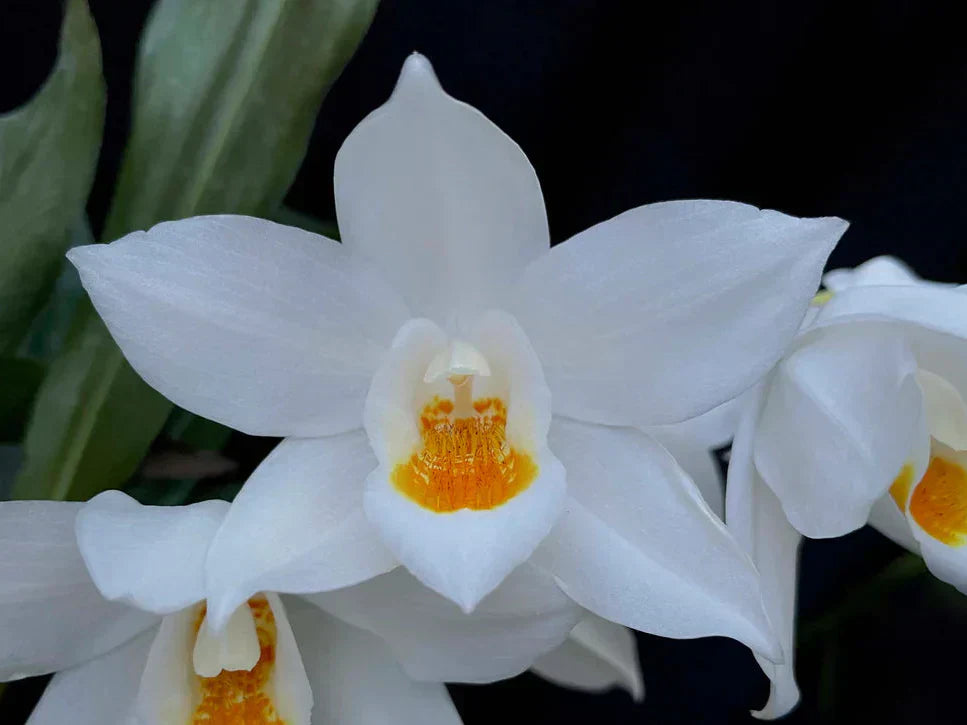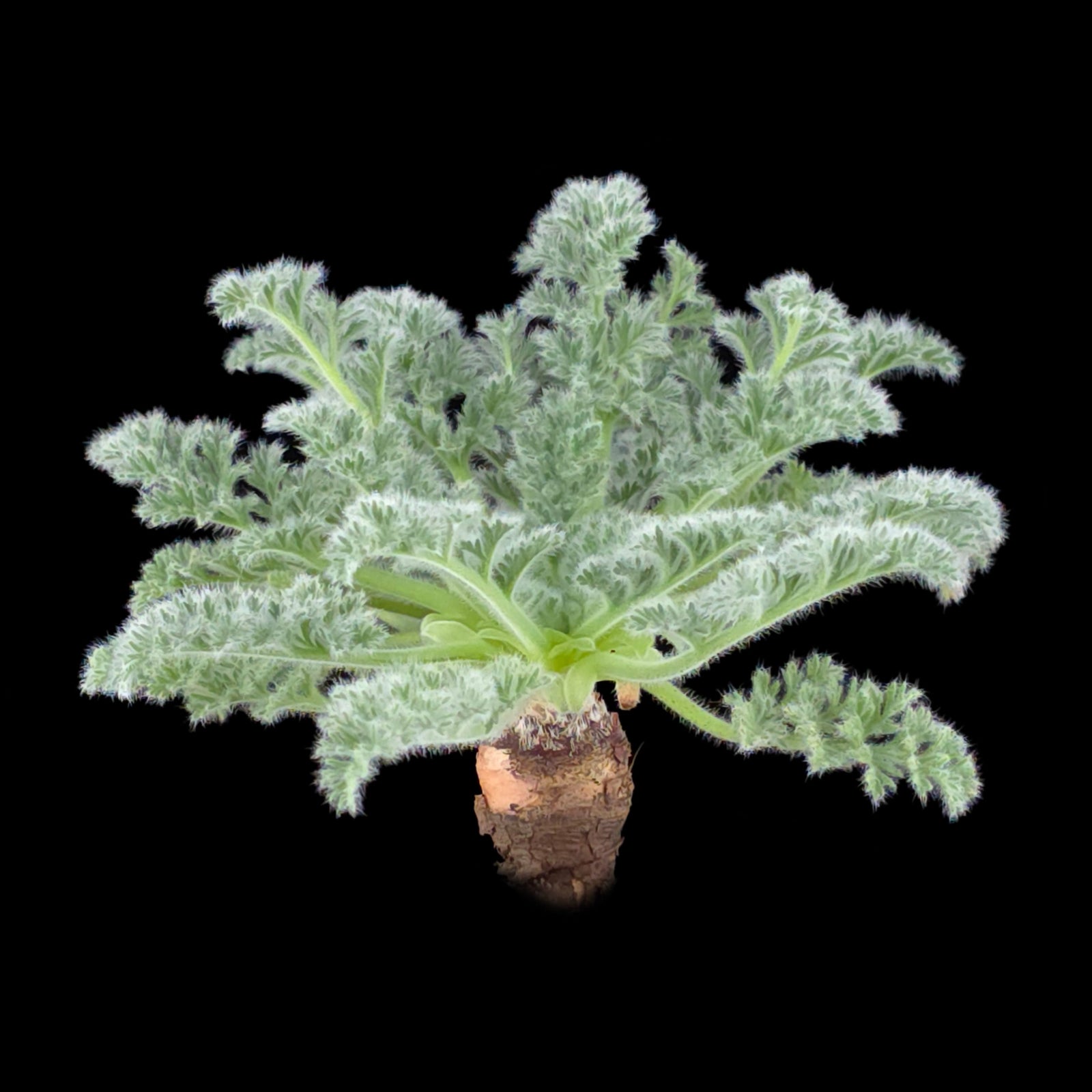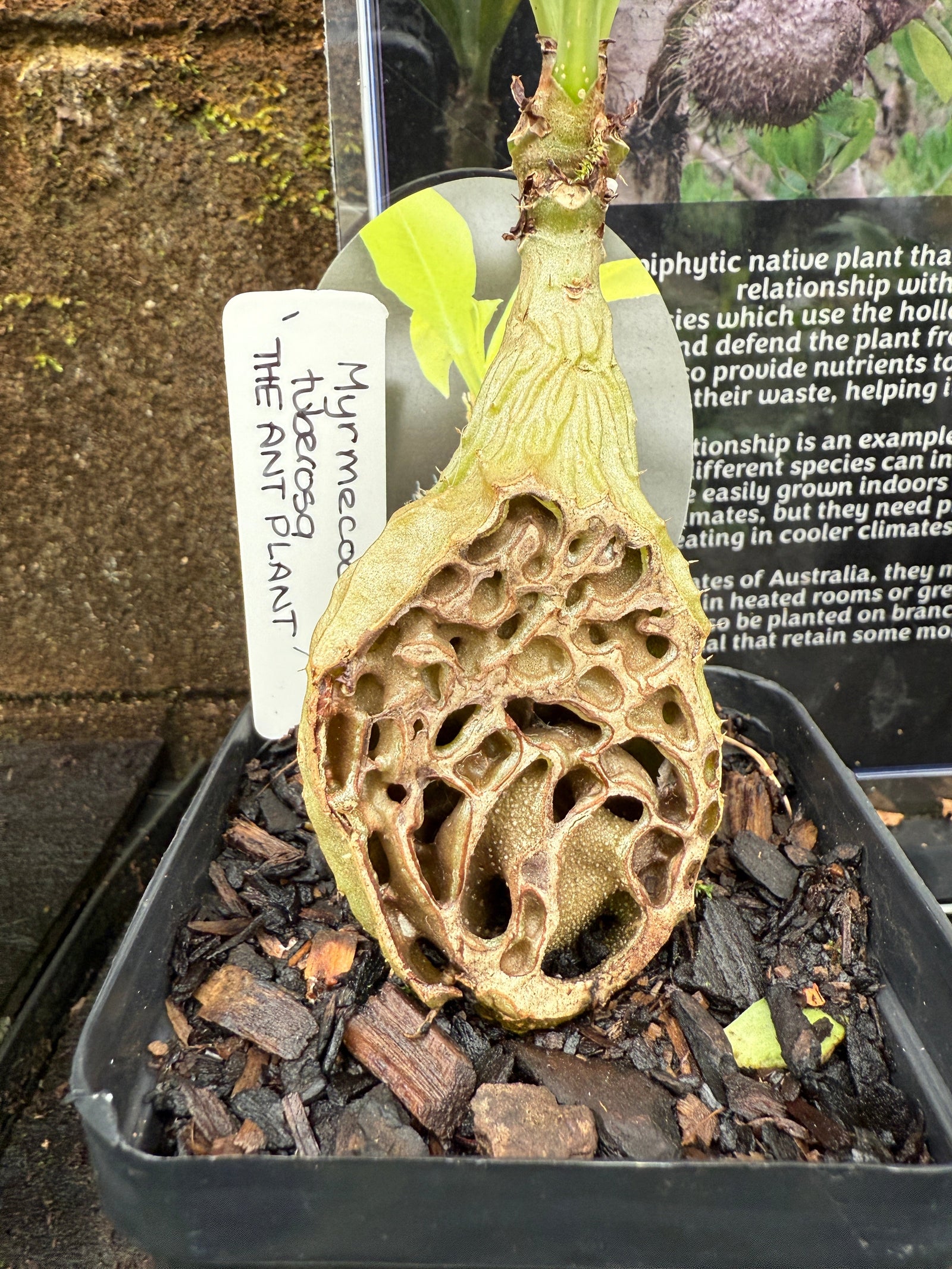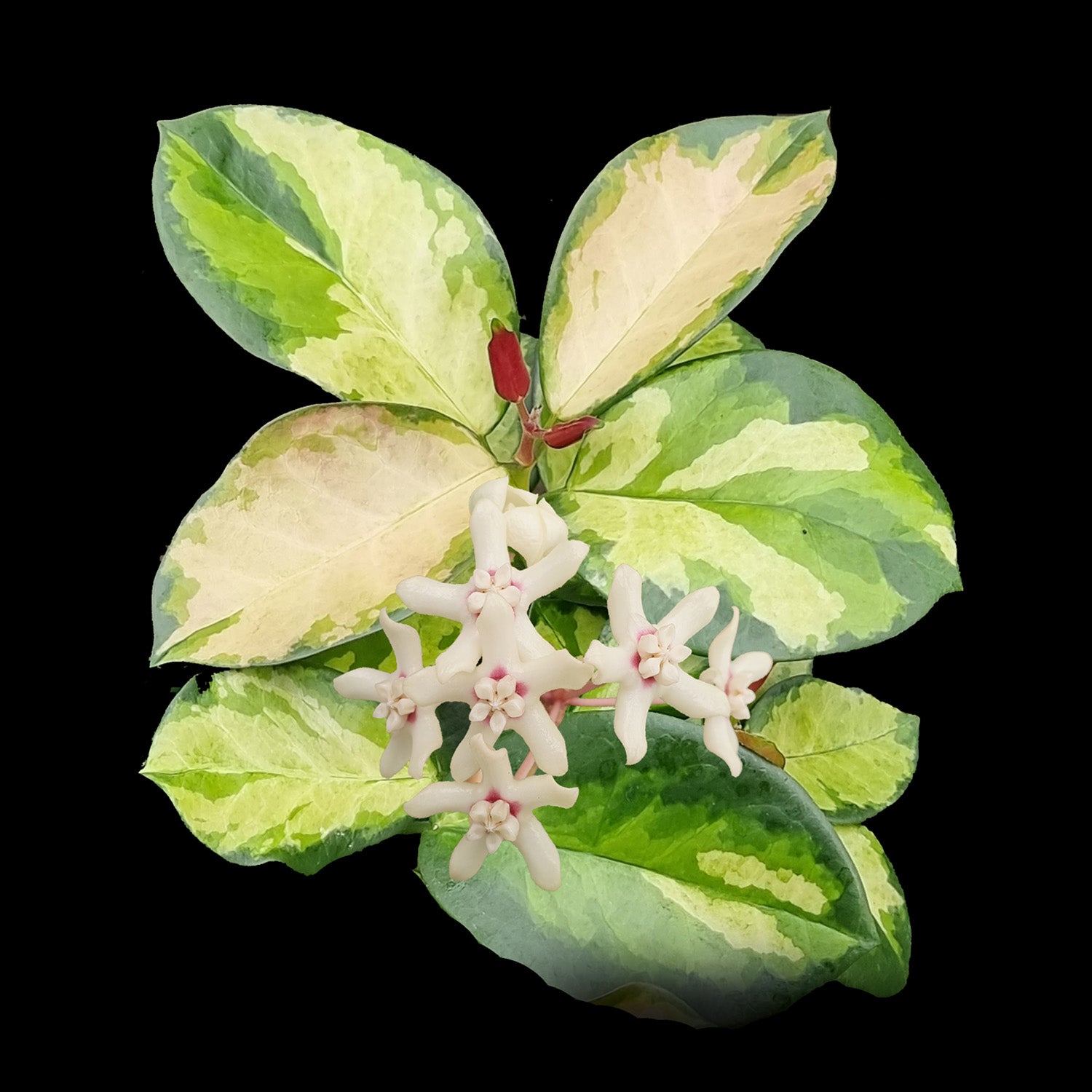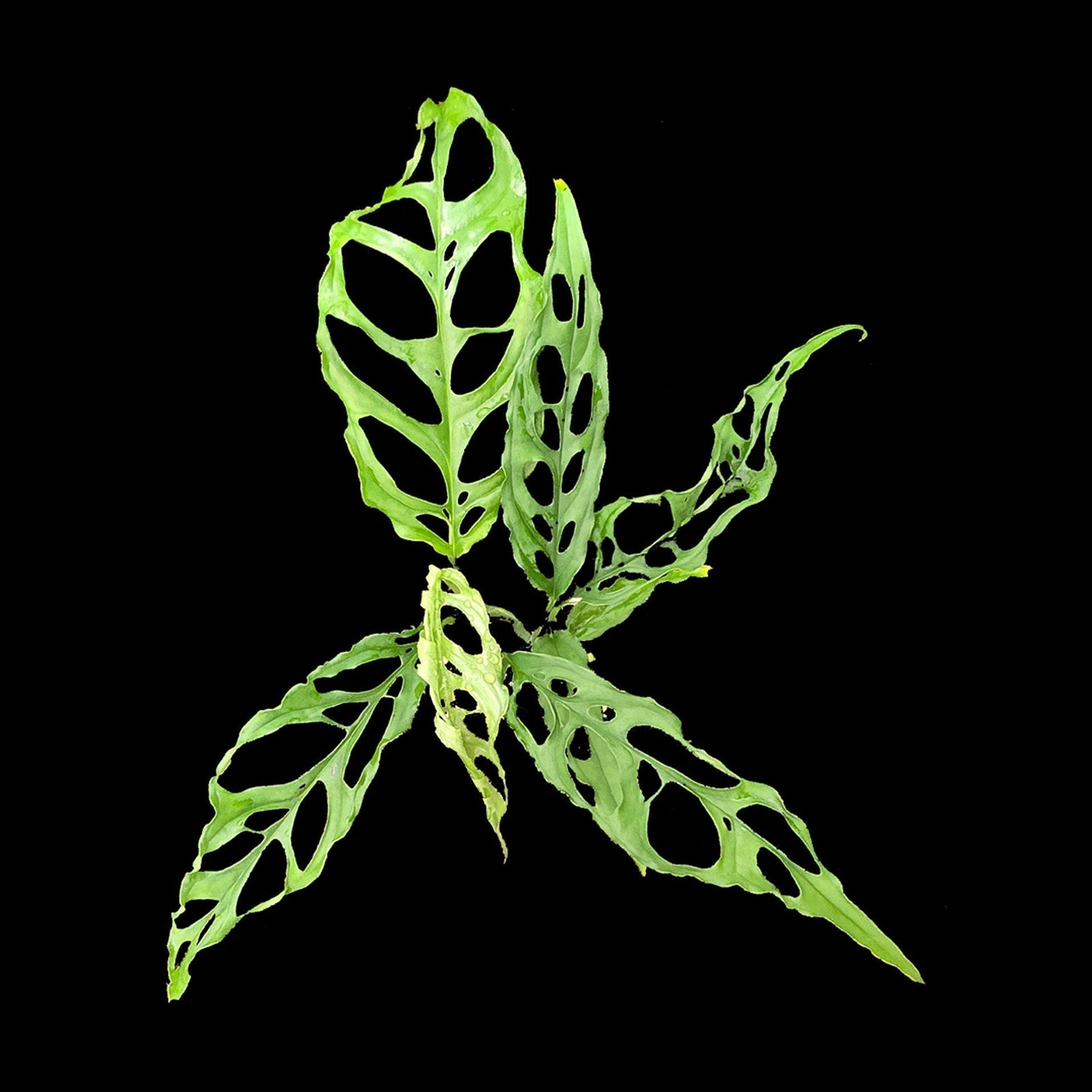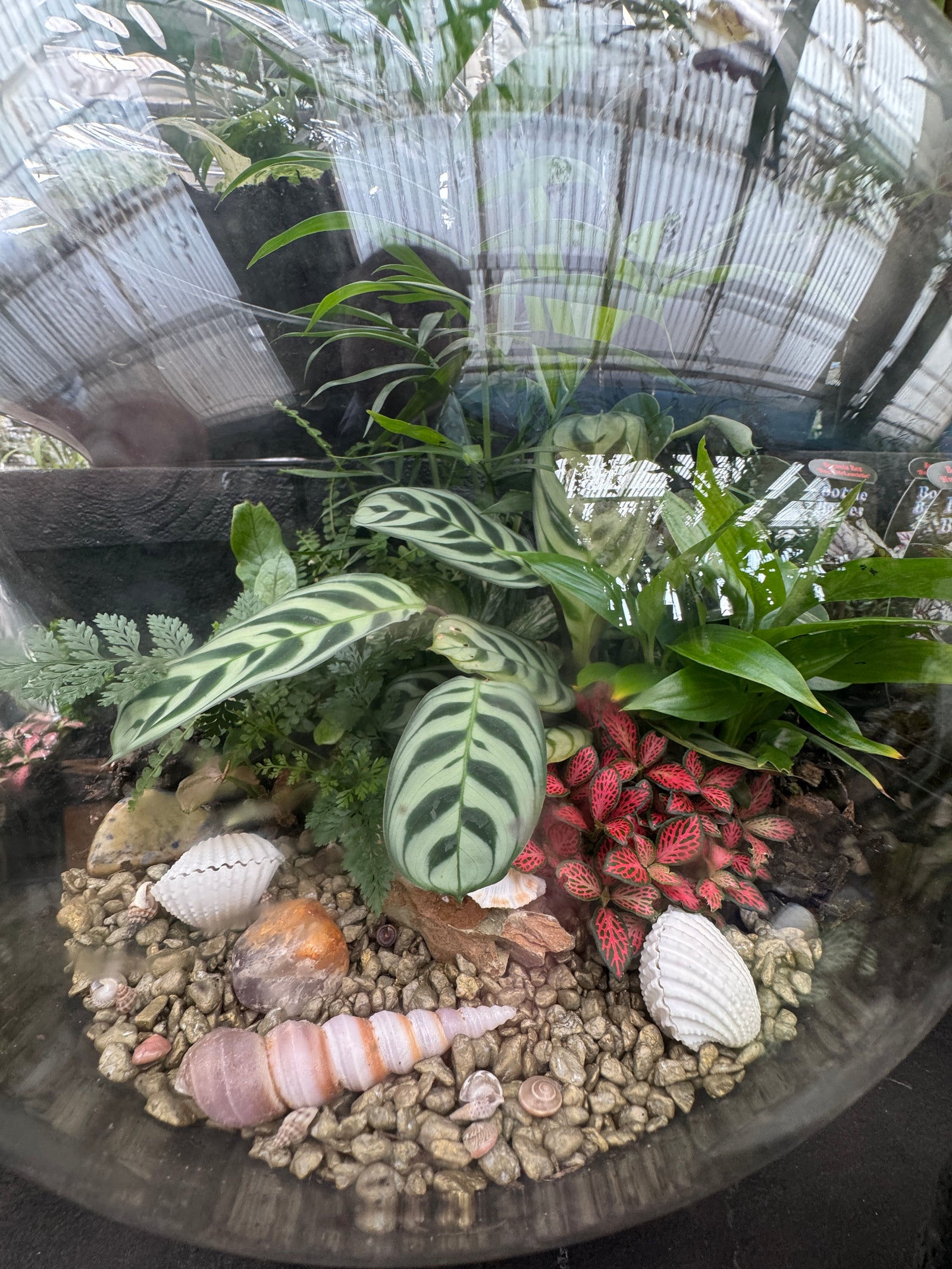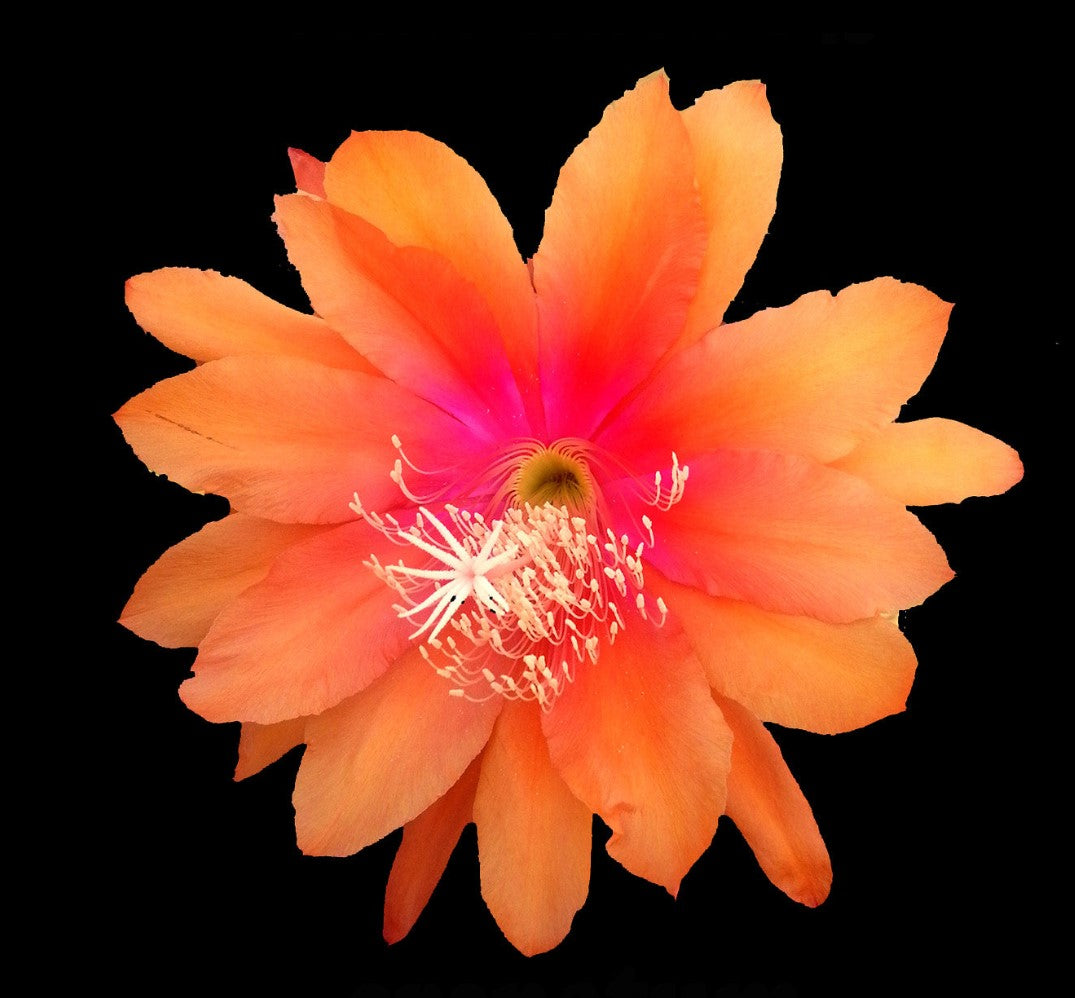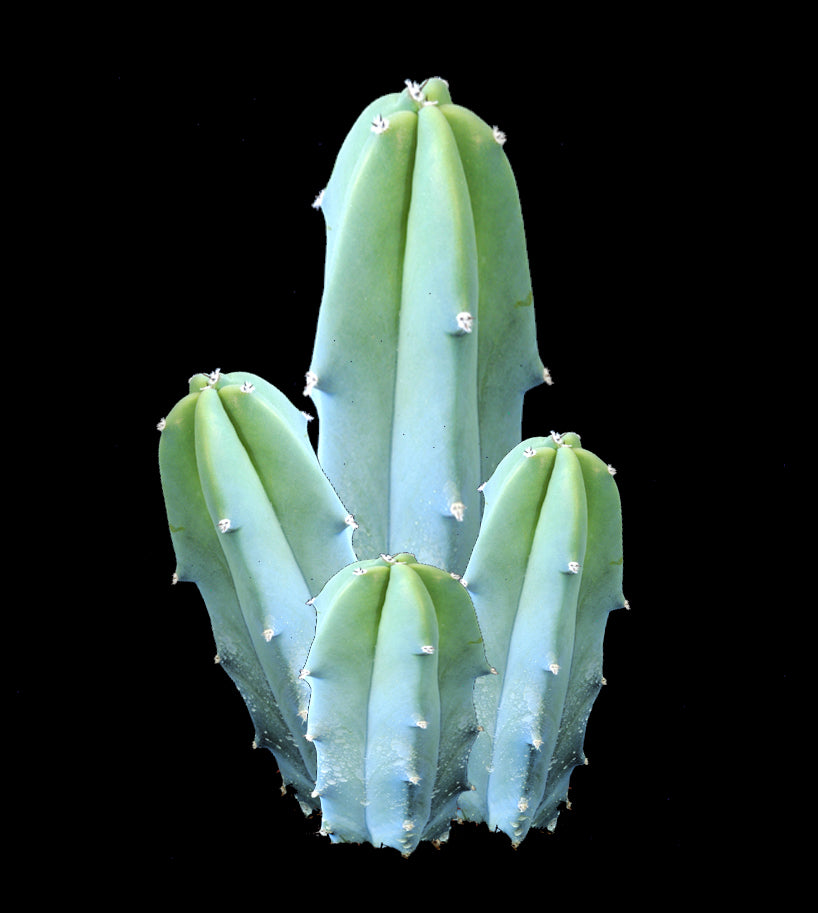The Seasonal Shift: From Carnivorous to Succulent
Most Pinguicula (Butterworts) that thrive indoors are Mexican varieties. Unlike VFTs, they do not require a cold winter rest; instead, they require a dry, warm winter rest. This is critical for survival.
- Summer Phase (Wet/Carnivorous): The plant produces flat, greasy, carnivorous leaves covered in glue (mucilage) to trap small insects. This occurs during the wet season.
- Winter Phase (Dry/Succulent): As light levels drop in Autumn, the plant changes its growth habit, producing small, thick, folded, succulent leaves. This allows the plant to survive the dry season.
Failure to reduce water during this winter phase will cause the succulent leaves to rot, often leading to fungal issues and death.
Managing the Dry Winter Rest (Autumn–Winter)
This phase is completely different from the tray method used for VFTs and Sundews.
- Watering: Start reducing watering in late Autumn (May). Over the next month, stop the tray method entirely. Water only from the top once the soil has been dry for several days. The goal is to simulate a desert dry season.
- Light: Maintain high light levels, as this encourages the plant to convert fully to the compact, succulent rosette.
- Media: Mexican Butterworts require a unique, highly porous, fast-draining, mineral-based media (often sand, pumice, and perlite). Do not use pure peat, as it holds too much water.
Troubleshooting the Succulent Phase
If your plant is shrinking but firm, it is correctly in the succulent phase. If your plant is shriveling or soft, you may have waited too long to water.
- Rot Alert: If the leaves become translucent and mushy, stop watering immediately. This is usually fungal rot caused by too much moisture in the cool, low-light winter period.
- Pest Watch: Although excellent at catching fungus gnats, Pinguicula are vulnerable to pests like root aphids. Check our comprehensive guide on Dealing with Aphids & Mealybugs for treatment.
- Water Purity: Even with reduced watering, ensure you are still using Pure Water (RO/Distilled). Review our Zero-Tolerance Water Guide.

































